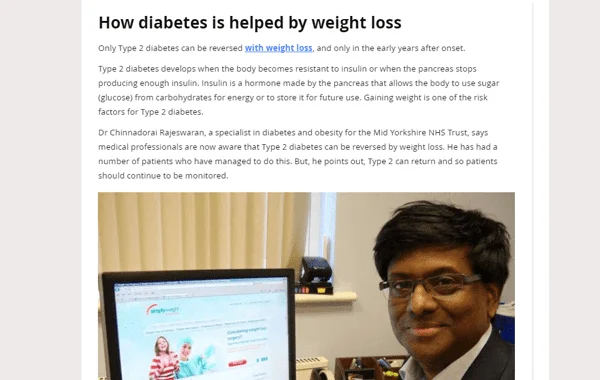During Intermittent fasting, people have small and frequent meals and fast for a particular period of time. Due to fasting, the calorie intake is very less which helps in weight loss. By reducing blood sugar and cholesterol, intermittent fasting may also help reduce risk factors for diabetes and cardiovascular disease.
What is intermittent fasting?
Many diets focus only on what to eat but intermittent fasting is about when to eat. Many studies say that fasting for a particular period of time every day or having one meal every day may have health benefits. J Mark Mattson is a neuroscientist at Johns Hopkins University who has studied intermittent fasting for twenty-five years and said that our body can function for hours, days and even weeks without eating. Early humans were hunters and gatherers who had evolved to survive for long periods of time without food before they learned to farm. They had no choice but to spend a lot of time and energy hunting wildlife and harvesting berries and nuts.
Types of intermittent fasting
| Complete alternate-day fasting | These regimens alternate fasting days, when food and drink are consumed as usual, with eating days, when no energy-containing foods or beverages are consumed. |
| Modified fasting regimens | During fasting days, modified regimens allow eating 20–25% of energy requirements. The famous 5:2 diet, which is popular for extreme energy restriction two days of the week and ad libitum eating on the remaining five, is based on this regimen. |
| Time-restricted feeding | This type facilitates regular fasting intervals by allowing individuals to eat an unlimited amount of calories inside designated windows. Research on less than three meals a day indirectly examines longer daily or nocturnal fasts. |
| Religious fasting | Many different fasting plans are followed for spiritual or religious reasons. |
| Fasting during Ramadan | A complete fast from sunrise to sunset over the whole month of Ramadan. The most common dietary pattern is one large meal after nightfall and one smaller meal before dawn. The feast and fast periods during Ramadan last approximately 12 hours each. |
| Other religious fasts | Latter-day Saints often abstain from food and liquids for extended periods of time. Some Seventh-day Adventists maintain an extended nighttime fast, possibly with biological relevance, wherein they consume their last meal of the day in the afternoon. |
How does intermittent fasting work?
Intermittent fasting can be done in various methods, but they are all focused on selecting consistent times for eating and fasting. For example, try eating for eight hours a day and fasting for the other eight and for an alternative and choose to consume one meal for two days a week. Schedules for intermittent fasting vary widely.
According to Mattson, the body uses up all of its glucose reserves and begins burning fat after going for hours without eating. This is what he calls “metabolic switching.” “Most Americans eat during their waking hours; intermittent fasting is in contrast to this pattern of eating,” Mattson states.
If an individual consumes three meals a day along with snacks and does not exercise, they are burning on those calories every time they eat instead of burning their fat stores.The way intermittent fasting works is that it delays the point at which your body starts burning fat after consuming calories from your last meal.
Research on intermittent fasting
A study was developed to find out how weight loss, blood glucose levels, and lipid profiles were affected in overweight and obese adults with pre-diabetes by alternate-day fasting, and 16/8 time-restricted fasting. The study concluded with 3-month follow-up, alternate day fasting and time restricted fasting groups experienced greater decreases in body weight, body mass index, and waist circumference.
To determine diets involving intermittent fasting (IF) are linked to the improvements in metabolic parameters, weight loss, and the subjective well-being of obese individuals the study was conducted
Conclusion
Intermittent fasting is a more straightforward and effective weight-loss strategy that many people find successful. Overindulging in junk food during mealtimes will not help you lose weight or enhance your health. Your entire endeavour will be pointless. If you plan to undertake intermittent fasting, you must have a well-balanced diet.
Nesha Felciya,
Clinical Dietitian, Simplyweight













